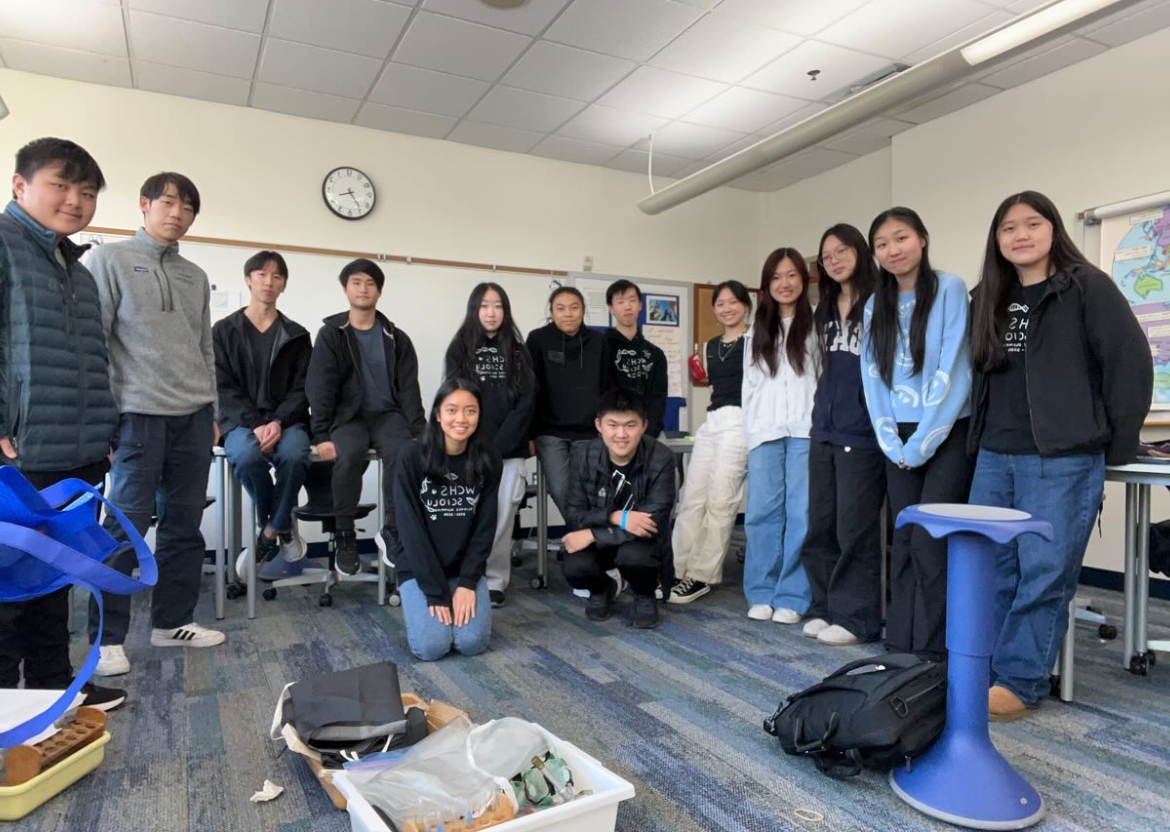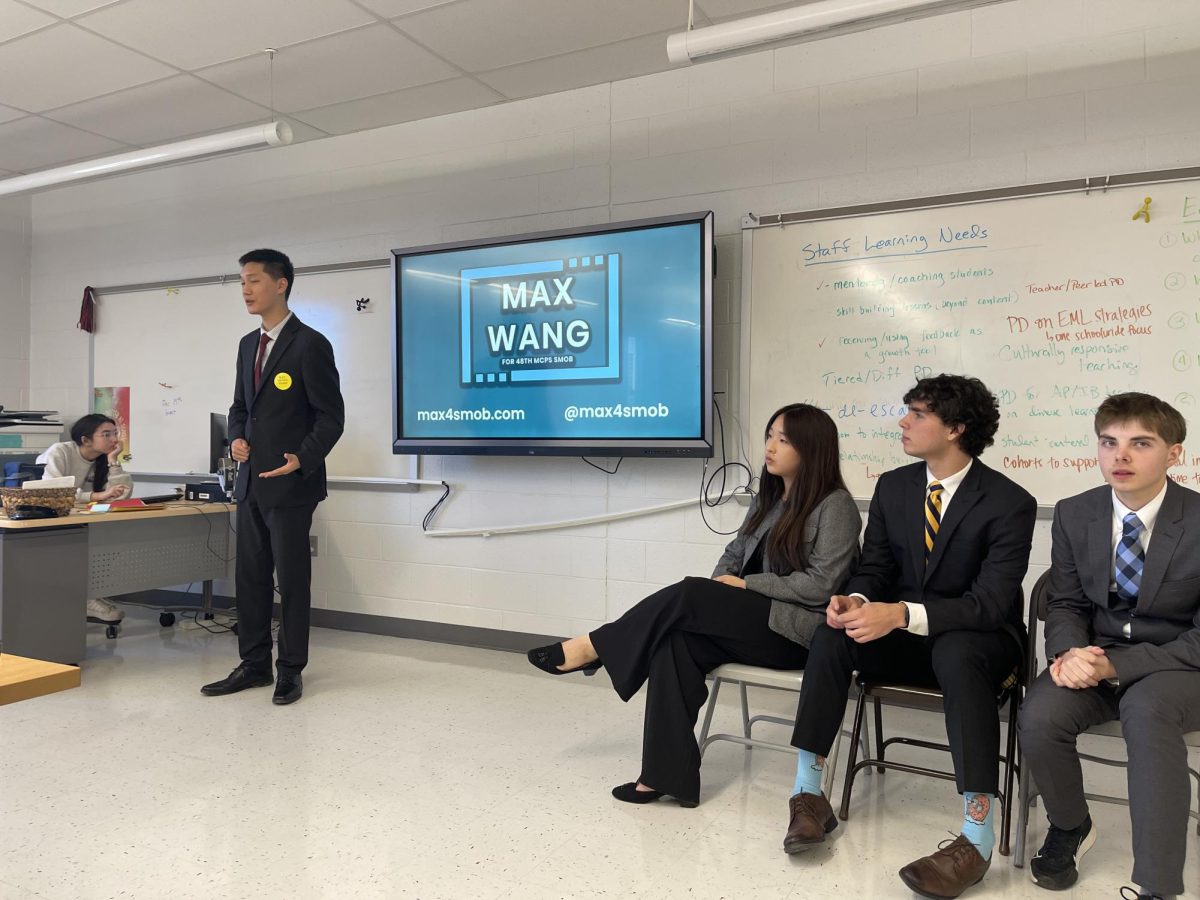While the thought of life without ice cream, hamburgers and pizza may seem horrific, vegans adopt this diet as their preferred lifestyle.
According to Ruby Roth, author of Vegan is Love, a book that encourages young children to consider adopting the vegan lifestyle, the population of vegans in the U.S. has doubled since 2008.
Vegans do not eat or wear any animal products including meat, dairy, leather or gelatin.
“Going vegan really opens one’s eyes to the power of our daily choices,” Roth said. “When you learn how our actions affect the public realm, animals, the environment and the people around the world, it makes you more conscious of yourself and others.”
Despite the increase of veganism in the United States, controversy still surrounds this lifestyle choice. Roth’s book has caused an uproar of disapproval as critics claim young children are not ready to make this life-changing decision.
“Some people think it’s insane to abandon the standard American diet, but they are simply unaware that it can be done with improved health,” Roth said. “Others find it inappropriate to discuss the truth about animal agriculture with children.”
The book features graphic illustrations, some depicting animal cruelty in laboratories.
According to an April 26 Daily Activist article, critics say the book brainwashes children and misrepresents the controversial subject.
However, Roth stands by her book and feels strongly about the benefits of educating kids about choices from an early age.
“It is important to give youth the information they need to make educated choices. Kids can’t make choices if they don’t know there are any,” Roth said.
Roth began veganism at the age of 21 in an attempt to match her eating habits with her strong interest in justice and equity.
Sophomore Elise Levy also found that veganism was her preferred choice of lifestyle after discovering the cruelty animals endure.
“I was a vegetarian for two years and then became a vegan at age 14,” Levy said. “I just didn’t want to contribute to an industry that systematically abuses and kills other living creatures.”
Both Roth and Levy have found it surprisingly easy to keep up with their vegan lifestyle.
“People always think that it’s really hard to find vegan food, but it’s not at all,” Levy said. “There is almost identical vegan replacement for pretty much everything.”
Vegan substitutes include veggie burgers instead of traditional hamburgers and soy milk instead of regular milk.
Veganism can also have health benefits. According to a May 2009 Medical New Today article, going vegan decreases the risk of diseases such as cancer, heart disease, obesity and diabetes.
“The benefits are endless,” Roth said. “I stopped getting colds and tonsillitis, had tons of energy and felt like my body was running on clean fuel, so I never turned back.”
Many also wear vegan clothes and shoes.
“Everything I wear is either vegan or used,” Levy said. “I’m fine with wearing leather products from thrift shops, since my money isn’t going to the people who actually kill animals.”
While many people may criticize veganism, vegans are often satisfied and comfortable with their lifestyle choice. New vegan clothing and food lines appear on the market every day. Vegan clothes and shoes can be found online at a specialty website called veganstore.com.
“Veganism is good for the environment, animals, health and for me,” Levy said. “It was good for my conscience. I honestly can’t think of any cons.”







